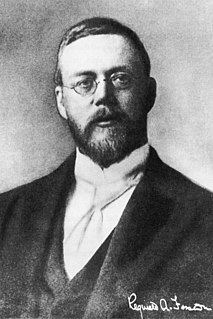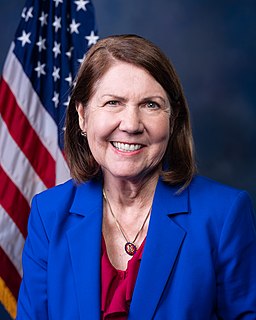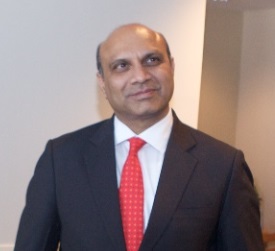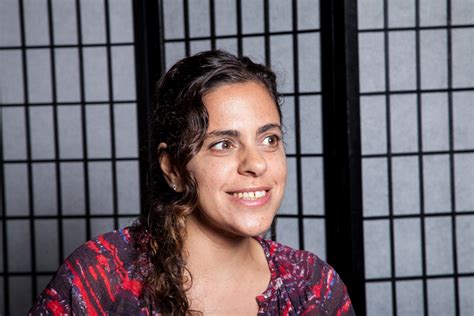A Quote by N. R. Narayana Murthy
All developmental activities for the common man such as education, healthcare, shelter and food distribution should be handled by reputed private sector institutions. It should be a competitive market in order to prevent the formation of monopolies.
Related Quotes
Nature has poured forth all things for the common use of all men. And God has ordained that all things should be produced that there might be food in common for all, and that the earth should be in the common possession of all. Nature created common rights, but usurpation has transformed them into private rights.
No university ought to be merely a national institution....The universities should have their common ideals, they should have their common obligations toward each other. They should be independent of the governments of the countries in which they are situated. They should not be institutions for the training of an efficient bureaucracy, or for equipping scientists to get the better of foreign scientists; they should stand for the preservation of learning, for the pursuit of truth, and in so far as men are capable of it, the attainment of wisdom.
Healthcare as a human right, it means that every child, no matter where you are born, should have access to a college or trade-school education if they so choose it, and I think no person should be homeless if we can have public structures and public policy to allow for people to have homes and food and lead a dignified life in the United States.
Students at residential universities often live together and spend time on activities that aren't connected with the university. Then, should the university's rules about sexual consent extend to students' private lives? In my book, I argue that these narrow rules should extend to students' private lives no matter what or where they happen to be conducting those lives. The logic is that sexual assault is a form of discrimination and denies the victim an equal education. The point of university life is to get that diploma and nothing should stand in the way.



































